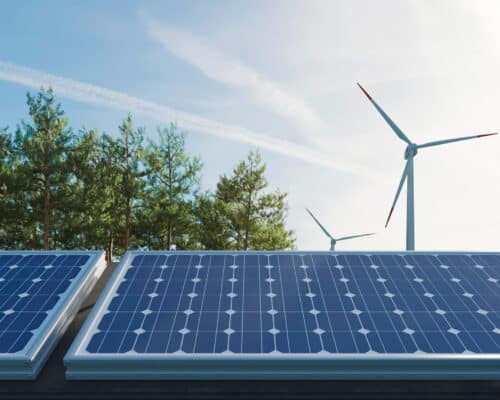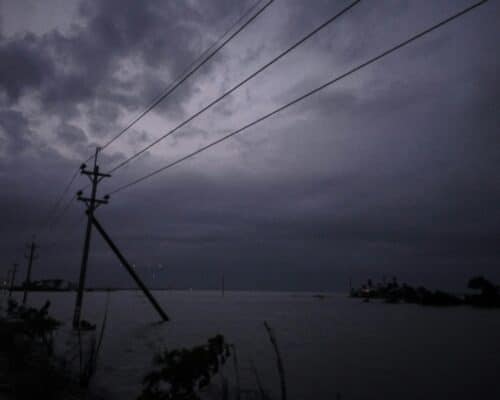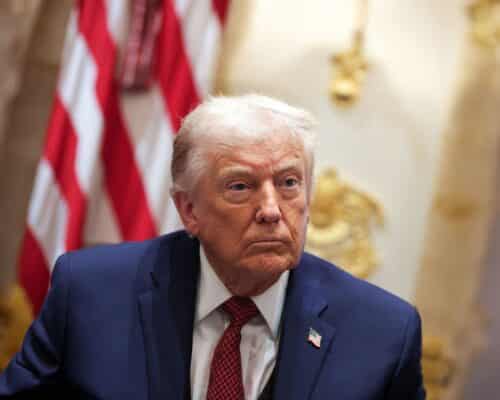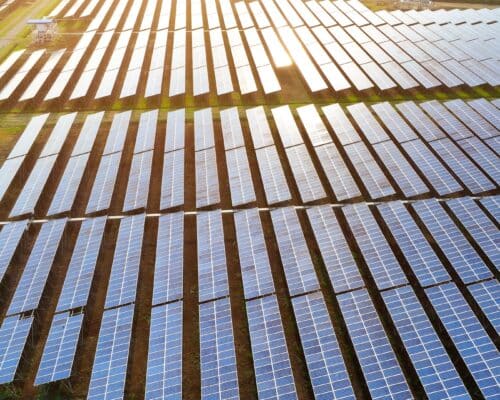Articles
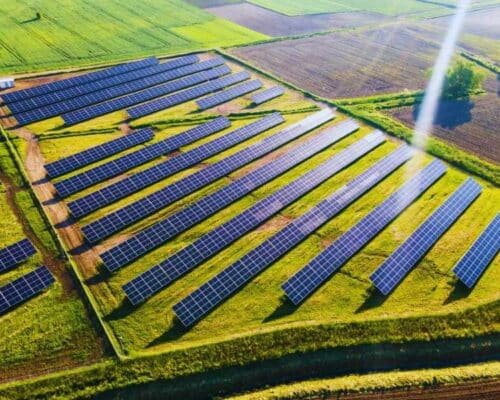
Foreign Direct Investment in Bangladesh: The Economic Impact
Bangladesh’s foreign direct investment in power and energy has entrenched fossil fuels, leaving renewables a mere 3% of electricity and worsening energy poverty and overcapacity. Policy hurdles, land conflicts and biased incentives have stalled a green transition, heightening economic and development risks.
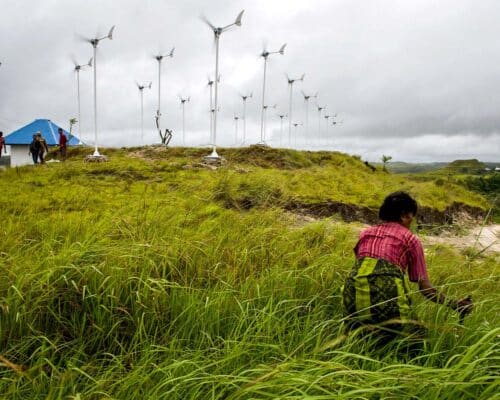
Floating Wind Farms: Indonesia’s Deepwater Bet Against Coal
Indonesia remains locked into fossil fuel dependency, even as Jakarta talks about the need for more renewable energy to cut power sector emissions. Floating offshore wind power is the answer that policy makers and energy companies have been looking for. However, it will take political self-will and determination to make the pivot.
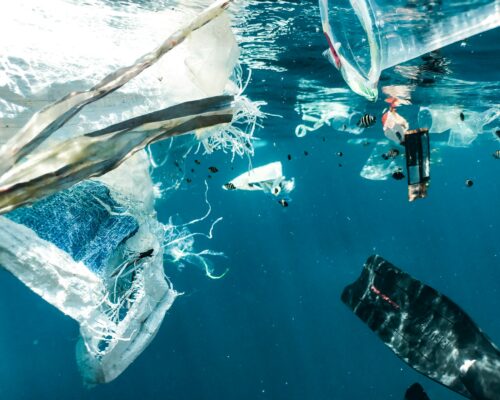
Why Global Plastics Treaty Talks Failed?
The failure of the INC-5.2 Geneva talks highlights how vested interests, particularly petrostates, continue to block meaningful global action on plastic pollution. With plastic production surging—contributing nearly 5% of global emissions—and microplastics infiltrating ecosystems and human health, urgent leadership and policy shifts are critical.

Coastal Communities Bear the Brunt of Thailand’s LNG Boom [Op-Ed]
Thailand's push to achieve carbon neutrality by 2050 relies heavily on expanding LNG infrastructure, but this fossil fuel remains a significant environmental and health threat. Communities in Rayong face pollution, water contamination, and health risks, raising urgent questions about whether Southeast Asia’s energy transition is sustainable. If policymakers act now, the push for renewables offers a safer, cleaner alternative.
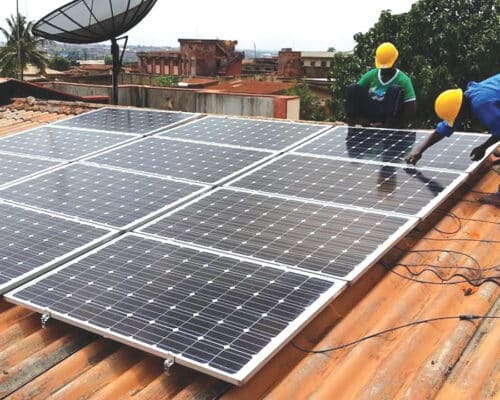
Solar Energy in Nigeria: A Reliable Alternative To A Struggling Grid
Solar energy in Nigeria is stepping in where the grid falls short. Mini grids, rooftop PV and batteries are cutting diesel costs while providing an economic engine. Investing in solar energy will help the country reach its decarbonisation goals and increase electrification rates.
Asia’s Proposed Coal Projects May Reverse Recent Declines, Significantly Increasing Methane Emissions [Op-Ed]
Global coal mine capacity saw its lowest increase since 2015, but with over 2,200 Mtpa still in development—primarily in China and India—the risk of future expansion remains high. Projected methane emissions from these new mines could surpass Japan’s annual greenhouse gas output, exacerbating climate impacts. The trajectory of coal development in Asia highlights ongoing challenges for climate mitigation efforts.
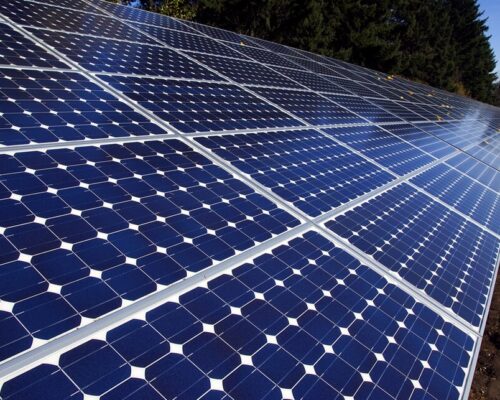
Perovskite Solar Cells Race: Japan’s Plan to Lead
Japan is racing to lead the global perovskite solar cell industry, aiming to install 20 GW by 2040 and build a self-sufficient supply chain. Despite promising technological advances and ambitious targets, cost and durability barriers remain, highlighting the need for bolder policy support to turn perovskites into a game-changer for decarbonisation and energy independence.
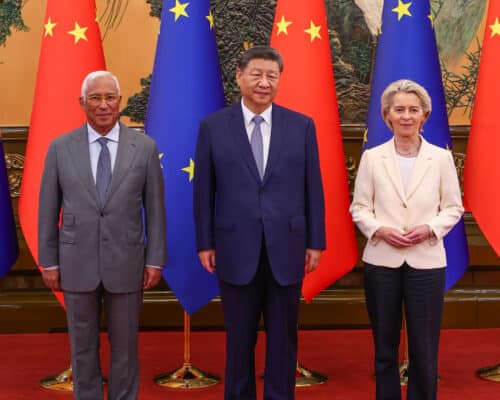
The EU-China Meeting Marks a New Era in Climate Diplomacy
The world has reached the moment when emissions must peak to keep the 1.5°C target within reach and avert the most devastating impacts of climate change. In the absence of the US, the China-EU climate cooperation offers hope that this might still be possible.
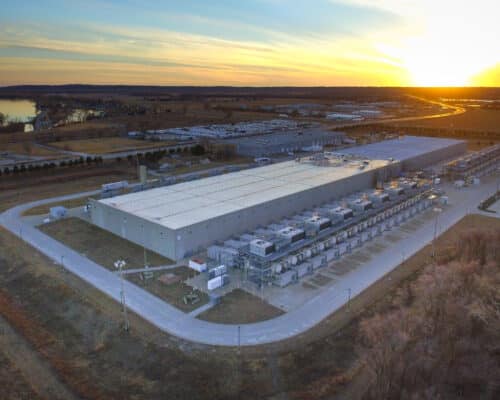
AI Data Centre Development in Japan and Clean Energy Transition
As AI data centres rapidly expand globally, their immense energy demands threaten to undermine decarbonisation efforts — unless powered by 100% renewables. Japan’s proactive “Watt-Bit Collaboration” aims to coordinate data centre growth with renewable energy development, but challenges around location and definitions of “clean energy” remain. The future of sustainable AI hinges on smart policy and clear energy standards.
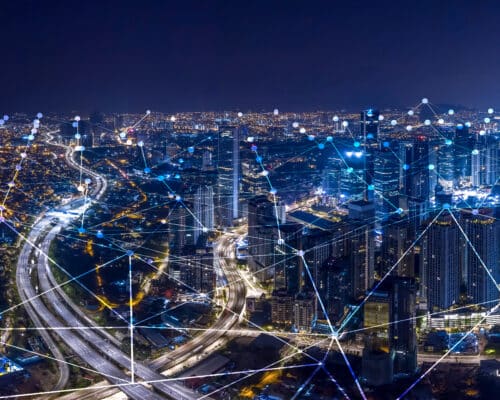
Can Malaysia’s AI Data Centres Go Green? [Op-Ed]
Malaysia’s data centres, a significant contributor to global energy consumption, have the potential to go green by adopting renewable energy sources and sustainable practices. Transitioning to eco-friendly operations reduces carbon emissions and sets a powerful example for the tech industry worldwide. Can Malaysia’s AI-powered data centres lead the way in sustainable digital transformation?

2025 House of Councillors Election Results Bring Uncertainty For Japan
The election results indicate that the government may now need to make concessions to other parties to pass legislation. And with the growing influence of Trump-inspired parties, climate action and renewables-favouring energy policies might take yet another blow.
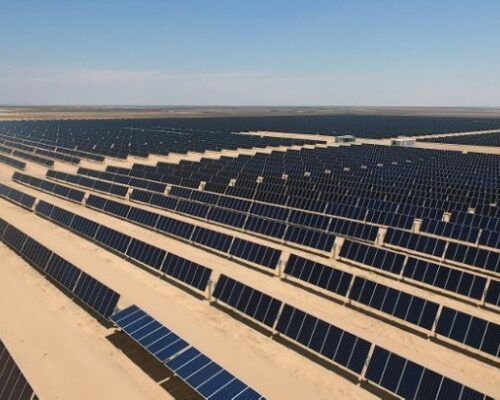
Charting the Path Of Solar Energy in Mexico
Mexico has ideal conditions for solar energy. However, solar makes up just a fraction of the energy mix, which is heavily dominated by natural gas. To reach its 2030 renewable energy goals, the country must speed up solar capacity additions.
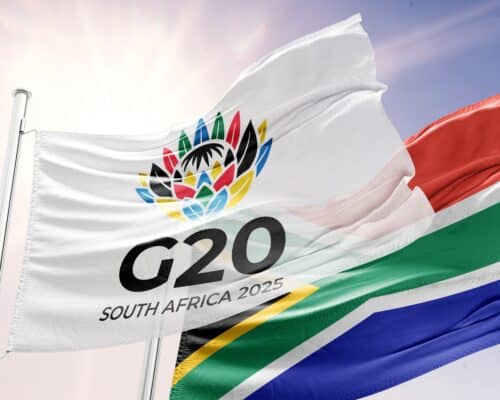
G20 Summit 2025: A Pivotal Moment for Developing Countries
South Africa’s chair of the G20 presents a unique opportunity to influence global policies and advocate for the interests of low-income and developing countries and their needs in addressing the challenges they face due to climate change and poverty.
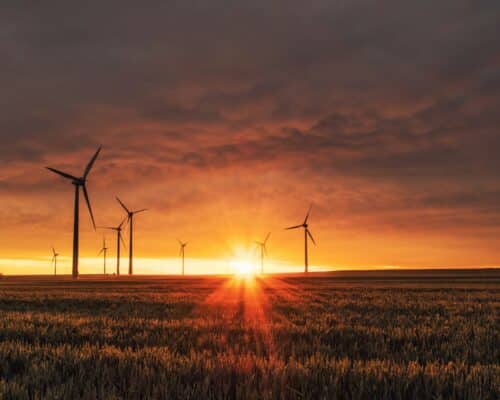
UN and IRENA: Renewables the Cheapest Electricity Source in 2024
New reports reveal that solar and wind power offer the lowest-priced electricity even without governmental support. Renewables have also helped save billions in fossil fuel import and climate damage costs, while boosting GDP and opening up millions of new jobs. Still, the world continues to subsidise polluting fuels — a practice that the 2035 NDC updates should end.
Most Popular
Most Popular
Categories
-
10
-
34
-
126
-
4
-
17
-
46
-
52
-
11
-
10
-
15
-
24
-
6
-
1
-
5
-
6
-
281
-
200
-
17
-
24
-
1
-
1
-
23
-
41
-
44
-
87
-
18
-
86
-
41
-
17
-
11
-
43
-
54
-
86
-
298
-
22
-
44
-
36
-
10
-
42
-
36
